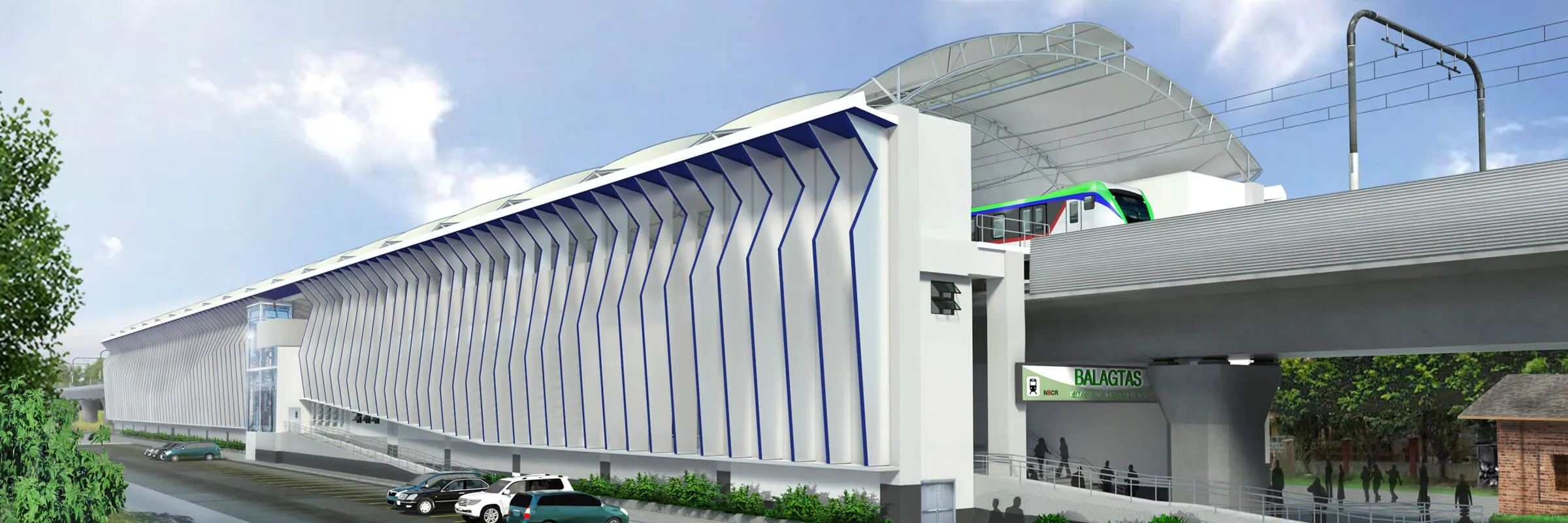A globally connected workforce of specialists, operating out of more than 40 countries
From the early pioneers on the Snowy Mountains Hydroelectric Scheme, to our leaders and innovators of today, our people make us who we are.

- About
We align specialist expertise to deliver effective, practical and sustainable outcomes
Through our network of global specialists and by collaborating with local partners, we connect you with the best teams and capabilities to deliver highly innovative and sustainable solutions.

- Expertise
- Markets
- Aviation
- Energy & Renewables
- Environment
- Hydropower & Dams
- International Development
- Ports & Maritime
- Rail & Metro
- Roads, Bridges & Highways
- Urban Communities
- Water & Wastewater
- Solutions
- Overview
- Air Quality
- Asset Management
- Business & Investor Advisory
- Building Services Engineering
- Civil & Structural Engineering
- Communication & Stakeholder Engagement
- Construction Phase Services
- Development Management
- Digital
- Energy Efficiency
- Environment and Social Impact Assessment
- Geospatial Services
- Geotechnical Investigations
- Geotechnics
- Independent Verification
- Landscape Architecture
- Master Planning
- Operational Readiness
- Operations & Maintenance
- Pedestrian Modelling
- Planning
- Project Management
- Rail systems
- Survey
- Sustainability
- Tunnels
- Training & Capacity Building
- Urban Design
- Water Sensitive Urban Design
We're committed to positively impact the individuals and communities we work with
As an organisation we are continually evaluating ways we can better provide a safe, flexible, inclusive and respectful workplace for our people and clients.

- Responsibility
Join an inclusive workplace rich in diverse thinking
People are at the heart of our organisation, we strive to create a flexible, diverse and inclusive environment that enables our people to thrive to their fullest potential.
Explore career opportunities
- Careers
-
Global
The TSSD commenced in 2010 with an initial focus on five provinces (Banteay Meanchey, Kampong Cham, Kampong Thom, Siem Reap, and Tboung Khmum). With additional financing in 2018, the project entered a second phase and expanded to cover seven provinces with the inclusion of Battambang and Prey Veng, and now encompasses 270 communes with around 630,00 beneficiary households. It has also evolved to include disaster risk reduction, climate resilience and a greater focus on value chains and market strengthening.
The project has supported improvements in rural infrastructure and targeted the rehabilitation and upgrading of over 850 km of laterite roads to DBST (double bituminous surface treatment pavement) or reinforced concrete as well as the upgrading of irrigation canals and water structures to ensure dry season irrigation to 11,000 hectares.

A creative approach has been adopted to help smallholder farmers through the establishment of Livelihood Improvement Groups each composed of up to 30 households and the creation of group revolving funds, pooled from the USD240 grant provided per household, that serves as a loan facility to support investments in livestock raising, rice and cash crop production and the establishment of small businesses.
Two agriculture stations have been rehabilitated and 37 rice seed producer groups created to improve the mechanisms for rice seed production. To date, over 9,000 tons of certified rice seeds have been produced, with a greater focus in recent years on climate-resilient varieties that are in high demand. Over 2,500 on-farm demonstrations have been carried out to train farmers on a range of crops, livestock and aquaculture enterprises.

With a better-enabled environment for agricultural productivity, diversification and climate resilience in place, the project implementation strategy has shifted lately to focus more on market support with the establishment of 448 market improvement groups for farmers and linking them with upstream agri-business enterprises and downstream buyers and traders.
“SMEC is proud to be involved in implementing a very significant project that seeks to make a big difference in the lives of so many people. We are confident the mechanisms developed and infrastructure interventions made under the TSSD will have a lasting impact on the target communities in the years ahead,” said David Moles who has worked as the Team Leader of the SMEC PIC team for the past 10 years.
SMEC has been providing support as Project Implementation Consultant (PIC) to the Executing and Implementing Agencies through their respective sub-national bodies since 2018. The Ministry of Agriculture, Forestry and Fisheries (MAFF) and the National Committee for Sub-National Democratic Development Secretariat (NCDDS) are the project Executing Agencies, whilst the MAFF General Directorate of Agriculture (GDA), NCDDS and Ministry of Posts and Telecommunication are the implementing agencies.
The TSSD, which is set to conclude in December 2022, is co-financed by the Asian Development Bank (ADB), the International Fund for Agricultural Development (IFAD), the Government of Finland and the Royal Government of Cambodia.
SMEC has operated in Cambodia since 1964 and has been involved in the transport, water, environment, energy and education, governance and government advisory sectors.
Recent
updates
View all  SMEC representatives acknowledged by the President of Zanzibar
SMEC representatives acknowledged by the President of Zanzibar
SMEC recently joined the launch event to inaugurate the Institute of Architects, Engineers, and Surveyors Zanzibar (IAESZ).
 SMEC South Africa collaborates with The PEACE Programme
SMEC South Africa collaborates with The PEACE Programme
In March, members from SMEC South Africa’s KwaZulu-Natal office teamed up with the PEACE (Personality Exploration and Career Exploration) Programme, a career guidance initiative aimed at guiding students through their high school journey. The programme, provided at no cost, aims to educate students on various career paths and equip them to make informed educational or vocational decisions.
 SMEC champions women’s leadership at ASEAN-Australia workshop in Jakarta
SMEC champions women’s leadership at ASEAN-Australia workshop in Jakarta
In a recent infrastructure-focused gathering held in Jakarta Indonesia, Karen Atkinson, SMEC Executive Director Dams & Hydropower, led discussions in a workshop focusing on empowering women in leadership roles and integrating gender perspectives into infrastructure development.

